Undergraduate Major Programs
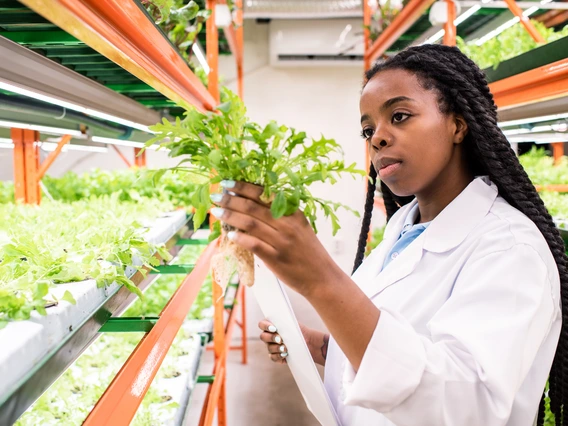
Applied Biotechnology
Industrial Plant and Microbial Biotechnology Emphasis
Learn how to use plants and microbes to develop products and technologies that help improve our lives and the health of the planet with applications in many fields, such as agriculture, food processing, medicine, and the industrial production of biomolecules, biofuels, and other chemicals.

Applied Humanities
Spatial Organization and Design Thinking Emphasis
Prepare for jobs that communicate about—and effect change in—buildings, cities, and landscapes with courses in sustainability, digital media, fabrication technology, and more. This degree can also be a stepping stone to graduate studies in design, architecture, urban planning, and landscape architecture.

Applied Physics
This interdisciplinary program serves as a launchpad for careers solving real-world problems in the private sector or for advanced study in applications such as engineering and medicine. This major combines a broad interest in physics with practical career skills, networking opportunities, and an Engineering Senior Design Project.
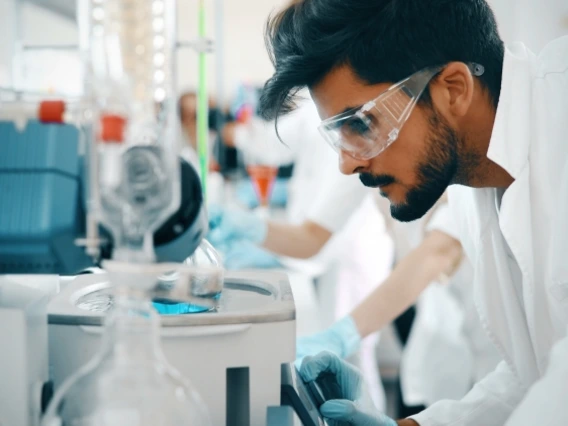
Biochemistry
Learn from award-winning faculty with diverse specialties including protein structure and function, molecular genetics, medicinal biochemistry, optics, physics, and more to address critical challenges that humans face today and tomorrow.

Bioinformatics
Apply computational techniques to manage, analyze, and understand biological information with highly sophisticated computational algorithms and tools coupled with the deep biological knowledge. The degree program will provide you with the knowledge and expertise in both computational and biological domains necessary to be competitive in this rapidly growing field.
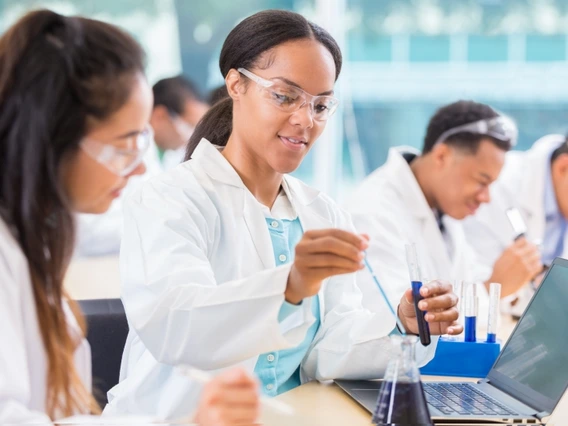
Biology
Organismal Biology Emphasis
This major offers broad training in biological molecules, cells, organisms, communities and entire ecosystems and the study of the study of genetics, biochemistry, ecology and evolution. Immersive, hands-on experience prepares you for a satisfying career in myriad professions, with an emphasis on preparing for graduate or professional school.

Biosystems Analytics & Technology
Your interest in science, technology, big data, and analytics can contribute to solving the natural resources, food, energy, and health challenges of the future. Coursework combines biological, physical, and data sciences with technology to environmental, ecological, biological, and human challenges in careers at the intersection of science, technology, and analytics.
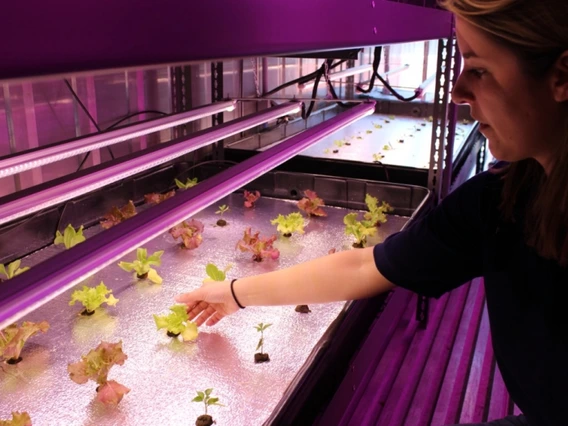
Biosystems Engineering
Develop the skills and knowledge to help guide the world toward a sustainable future by studying ways to sustainably feed an ever-growing world population, harness and preserve natural resources, and overcome environmental challenges. Immersion in design throughout the major prepares you to help protect the health and well-being of humans, wildlife and the Earth.
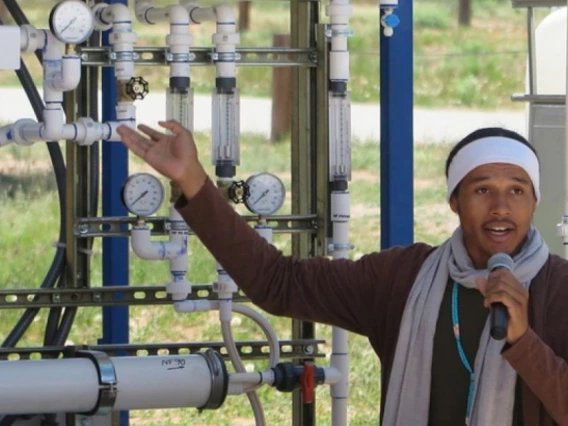
Chemical Engineering
Lively discussions, one-on-one help, hands-on labs and activities, and design projects prepare you for high-profile research in areas ranging from reusable water to semiconductor manufacturing or a careers in medicine, research, medical product and drug development, food production, water treatment, and manufacturing processes.
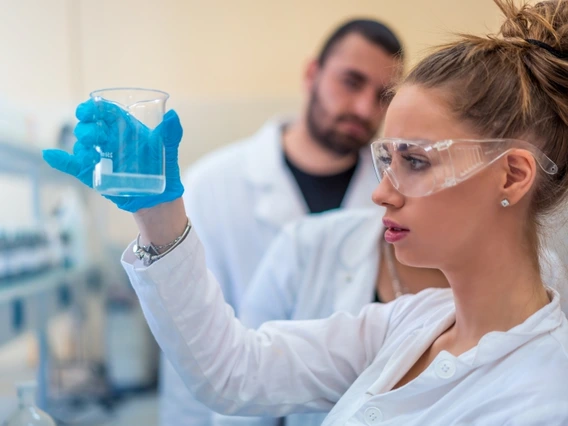
Chemistry
Uncover the groundbreaking solutions and cutting-edge innovations that will help shape the future of science, technology, medicine and engineering while developing a strong theoretical background in physics, materials science, medicine and biology and learning how to apply that knowledge to a range of biological and physical systems.
Pagination
Environmental Themes
Career Fields












